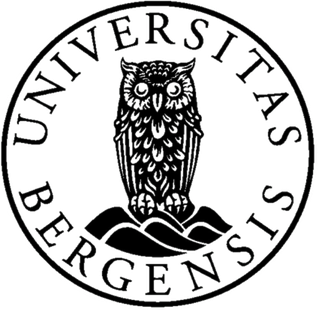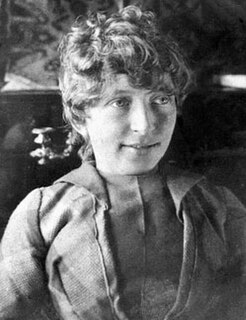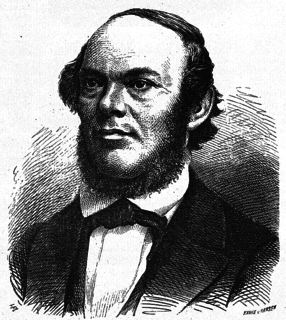Related Research Articles

The University of Bergen is a public university located in Bergen, Norway. The university today serves approximately 17,000 students, and is one of eight universities in Norway.


Candidate of Law is the degree awarded to jurists who have passed the law exam in Denmark, Norway, Sweden and Finland after studying law for 4.5–6 years.
Examen artium was the name of the academic certification conferred in Denmark and Norway, qualifying the student for admission to university studies. Examen artium was originally introduced as the entrance exam of the University of Copenhagen in 1630. The University of Copenhagen was the only university of Denmark-Norway until The Royal Frederick University in Christiania was founded in 1811.
Odd Olai Aalen is a Norwegian statistician and a professor at the Department of Biostatistics at the Institute of Basic Medical Sciences at the University of Oslo.
Examen philosophicum is, together with Examen facultatum, one of two academic exams in most undergraduate programmes at Norwegian universities. Whereas Examen facultatum aims at teaching students how to write academic texts, Examen philosophicum trains students in philosophy and structured thinking. Introduced at the University of Copenhagen in Denmark–Norway in 1675, Examen philosophicum was discontinued in Denmark in 1971 and exists in a reduced version in Norway.

Ole Jørgensen Richter was a Norwegian lawyer, politician, parliamentarian and Prime Minister of the Norwegian Government in Stockholm.
Knut Helle was a Norwegian historian. A professor at the University of Bergen from 1973 to 2000, he specialized in the late medieval history of Norway. He has contributed to several large works.
Bjørg Vik was a Norwegian novelist, short story writer, playwright and journalist.

Arne Dekke Eide Næss was a Norwegian philosopher who coined the term "deep ecology" and was an important intellectual and inspirational figure within the environmental movement of the late twentieth century. Næss cited Rachel Carson's 1962 book Silent Spring as being a key influence in his vision of deep ecology. Næss combined his ecological vision with Gandhian nonviolence and on several occasions participated in direct action.

Waldemar Christofer Brøgger was a Norwegian novelist, journalist, translator and editor.
Arne Ording was a Norwegian historian and politician for Mot Dag and the Labour Party.

Ida Cecilie Thoresen Krog was a Norwegian feminist pioneer, and the first female university student in Norway. She became famous when she was allowed to submit to examen artium in 1882, after an Act amendment had taken place.
Knut Kaasen is a Norwegian legal scholar.
Birger Stuevold Lassen was a Norwegian jurist, legal scholar and expert on intellectual property law.

Láhko National Park is a national park in the municipalities of Gildeskål, Meløy, and Beiarn in Nordland county, Norway. The park contains unique geological features, including Norway's largest area of karst and caves. Rare plants and charales are also found inside the park. The park was established in December 2012 and covers an area of 188 km2 (73 sq mi).

Hans Jacob Aall was a Norwegian librarian and museum director.
Ivar David-Andersen was a Norwegian goldsmith.

Marcus Jacob Monrad was a Norwegian philosopher, a university professor for more than 40 years.
References
- ↑ Store norske leksikon authors (2009) "examen facultatum", in: Store norske leksikon. Retrieved on 28 September 2017 from https://snl.no/examen_facultatum
- ↑ Ministry of Church Affairs, Education and Research (2001) "Helhetlig læringsmiljø", in: St.meld. nr. 27 (2000-2001) : Gjør din plikt - Krev din rett. Retrieved on 29 September 2017 from https://www.regjeringen.no/no/dokumenter/stmeld-nr-27-2000-2001-/id194247/sec2
- ↑ Lovdata: Forskrift om studier og eksamener ved Universitetet i Oslo. Retrieved on 28 September 2017 from https://lovdata.no/dokument/SF/forskrift/2005-12-20-1798